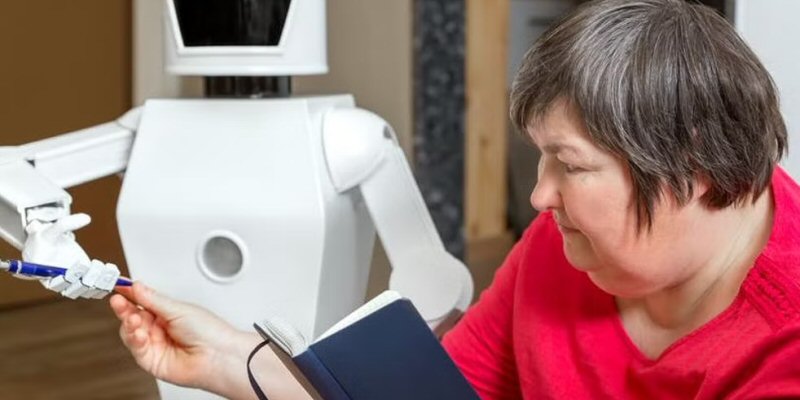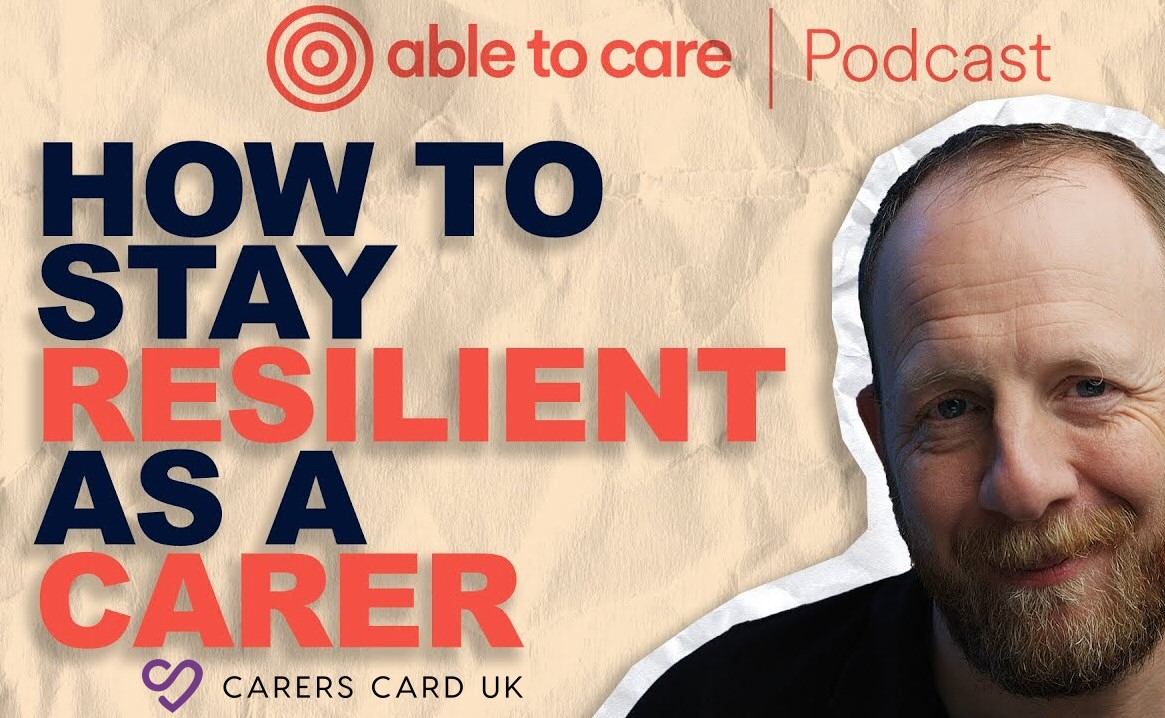Community alarms and telecare have been available in the UK for several decades, but their full potential has yet to be recognised. Systems can support people living with disabilities in a range of different settings, and enable carers to offer support when it's needed most.
For example, systems can be introduced that will wake the carer if the person they care for leaves their bed during the night, and may be at risk of falling. Using such technology means paid carers can respond quickly, but reduces the need for regular checks, and unpaid carers can get a good night's sleep knowing they will be woken if they are needed, rather than trying to listen for events.
Using technology in this way reduces pressure on carers as they know they will be alerted if the person they care for needs them, but in the meantime they can complete other tasks, or take a break. This reassurance can help to reduce carer burnout, protect their wellbeing and enable them to care for longer.
The modernisation of care through technology is essential to make sure carers are equipped to deal with the increasing pressures being placed on them, and more able to provide support that enriches the lives of the people they care for.







